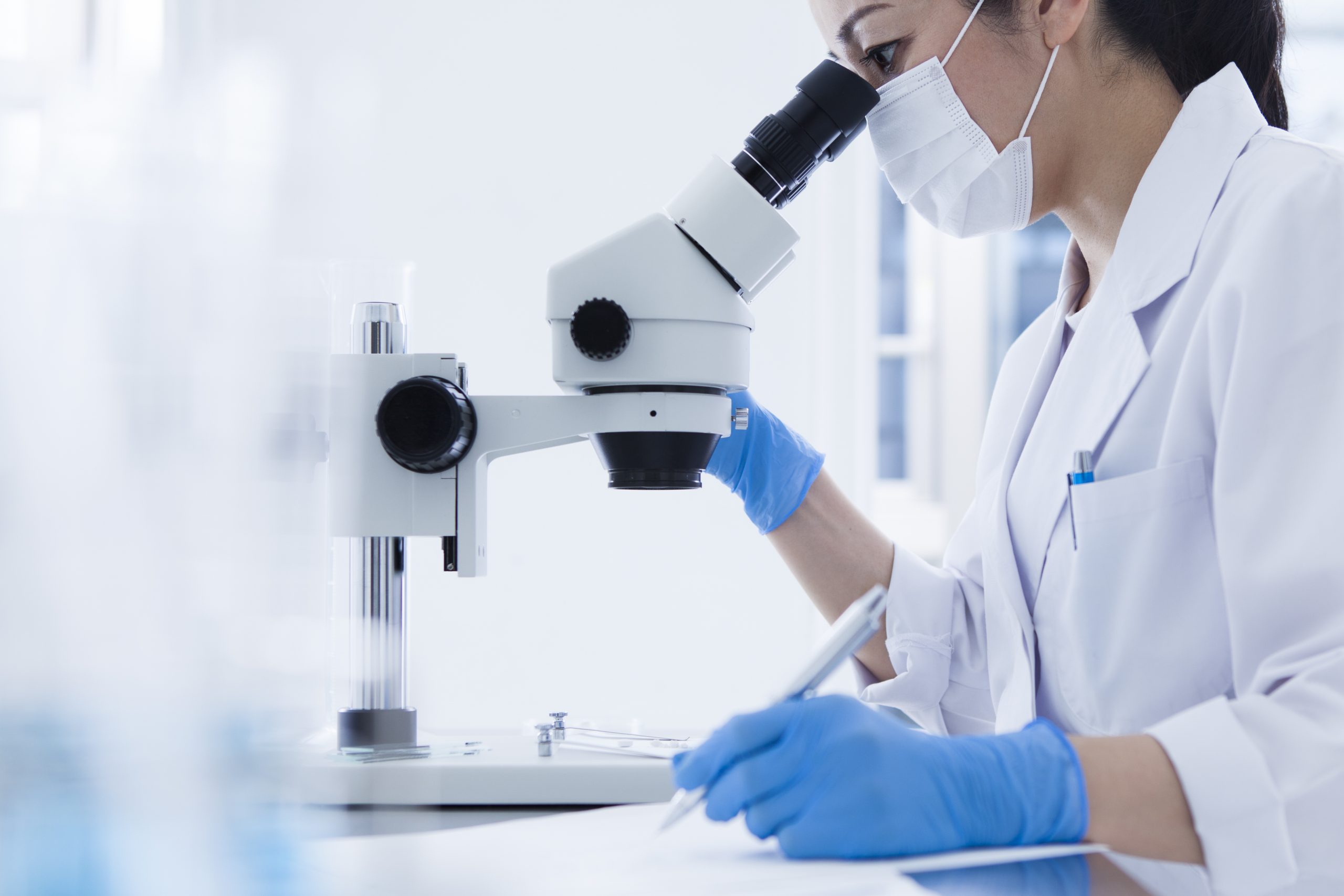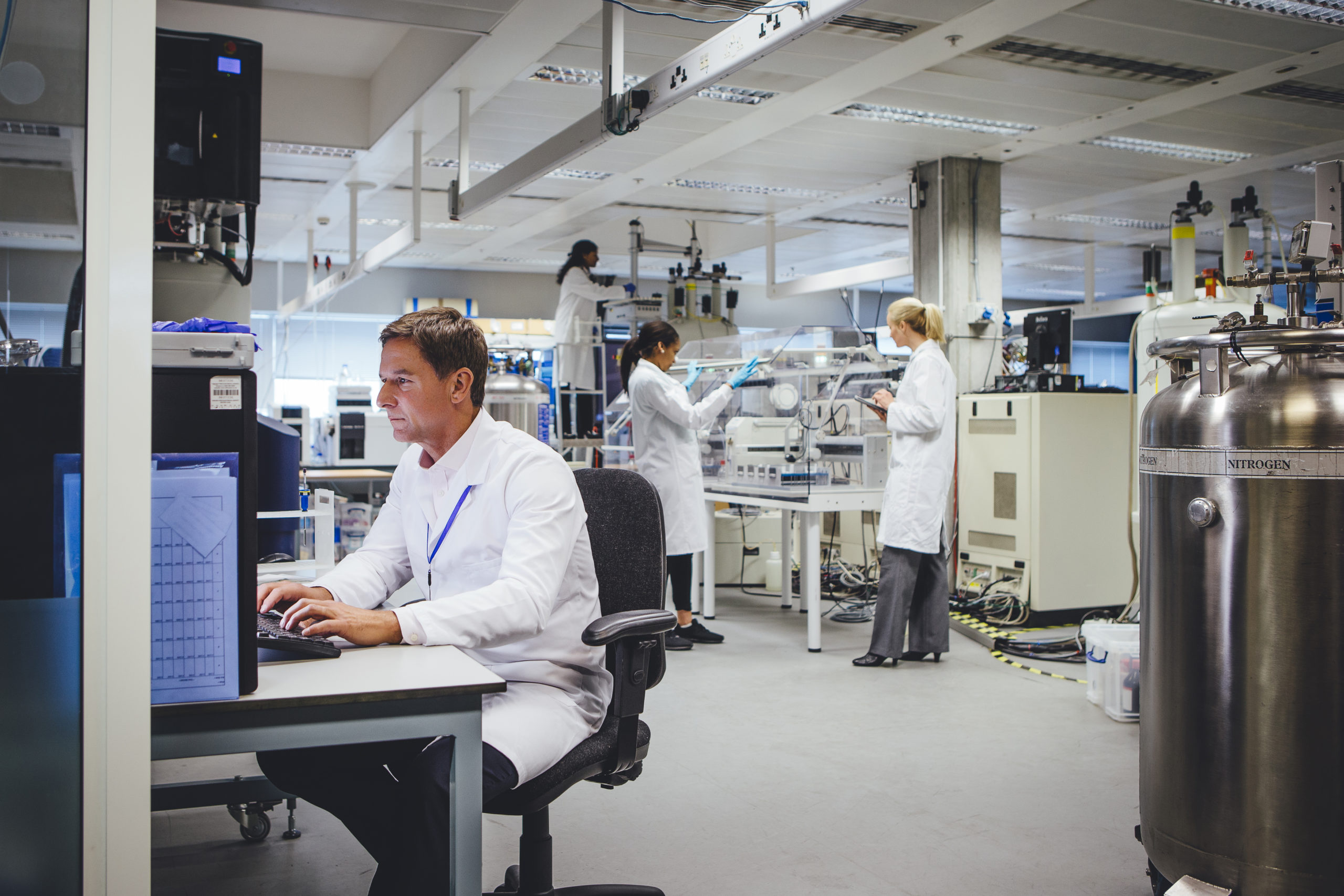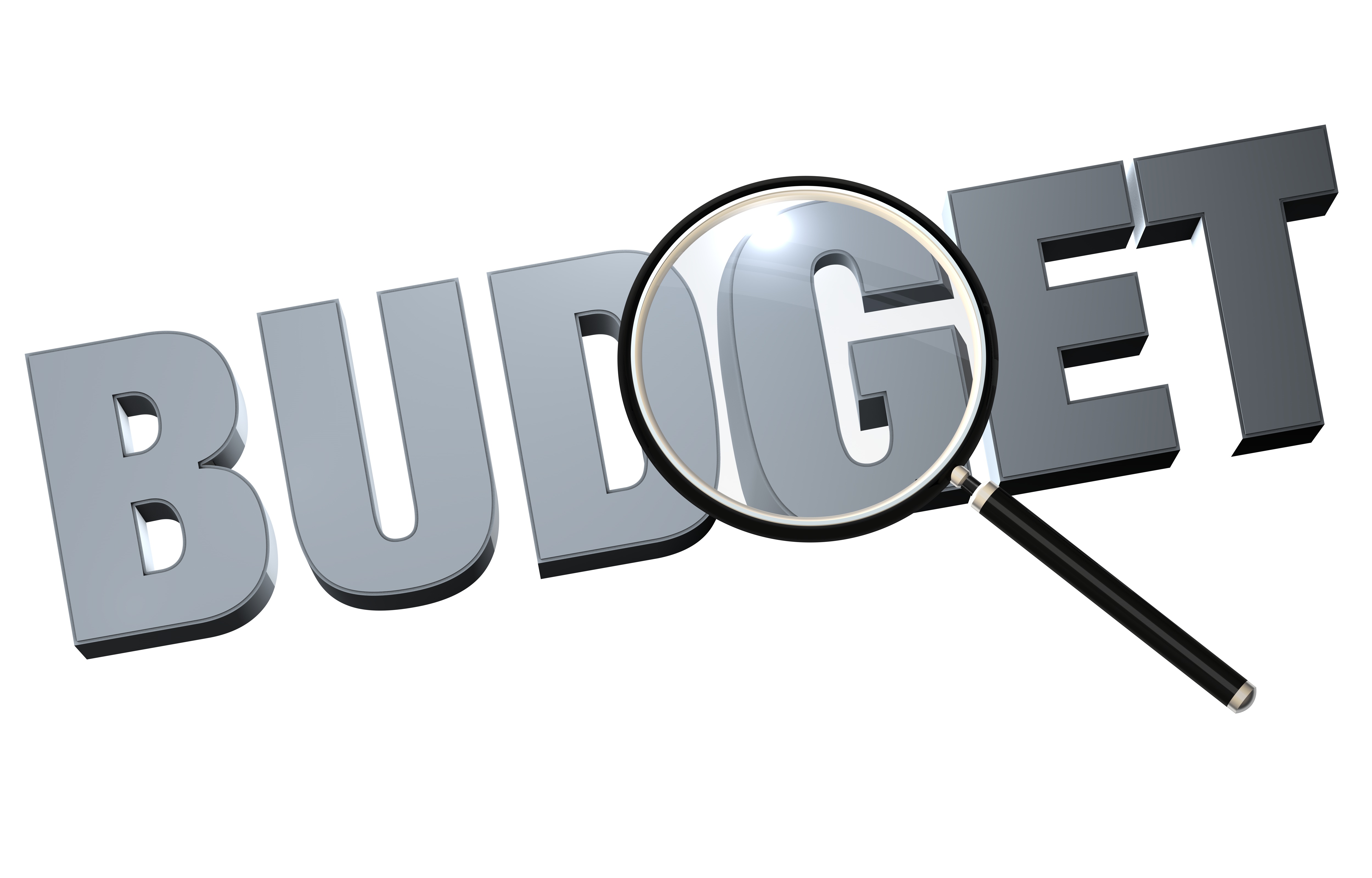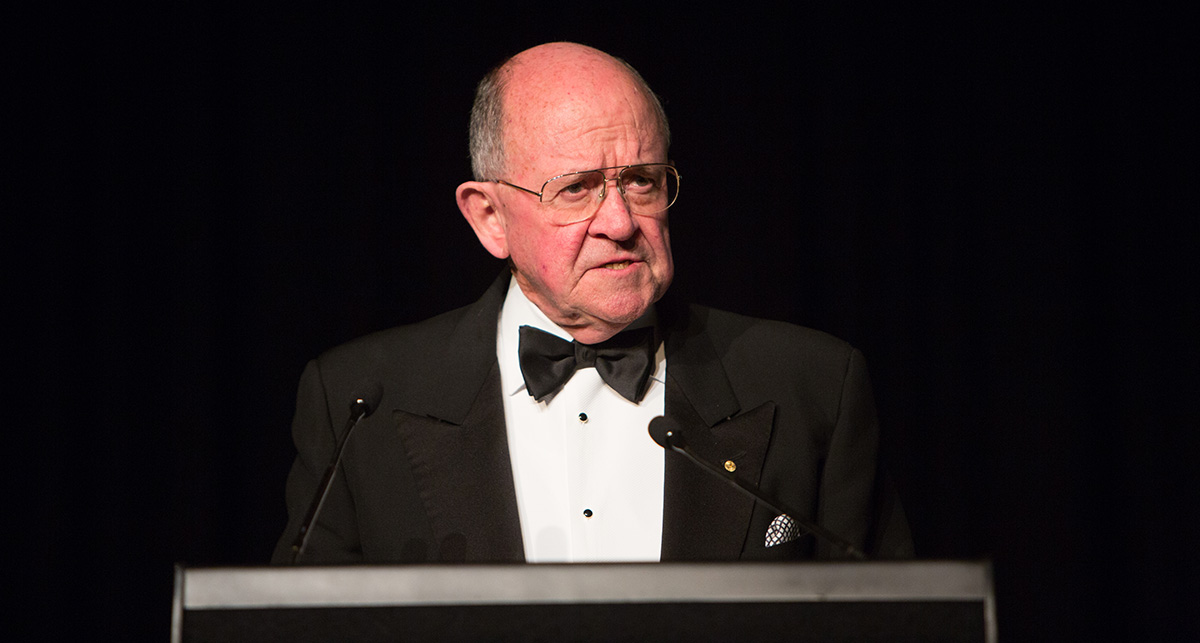2 February 2022
Research Australia welcomes the announcement by Prime Minister Scott Morrison of the new $1.6b Australia’s Economic Accelerator (AEA) to enhance the commercialisation of Australia’s world-leading research and innovation.
Seamless support for research from discovery to commercialisation has been a key priority for Research Australia on behalf of its membership across the entire research pipeline, and a significant focus of Research Australia’s national consultation on a future National Health and Medical Research Strategy.
“The AEA program announced by the Prime Minister at the National Press Club is a solid step forward in addressing the well-known problem of the ‘valley of death’,” said Research Australia CEO Nadia Levin.
“Sustainable government funding like this moves us that bit closer towards developing a thriving research commercialisation and manufacturing ecosystem that benefits our health and economy,” Ms Levin said.
“At the moment we have a real issue with public funding not taking research far enough along the pipeline to make it attractive to commercial investors and/or commercial investors who are reluctant to invest in research at an earlier stage.
“Stronger connections between industry and research development along with encouraging mutually beneficial commercialisation partnerships between Australian universities, industry, and funders, can bring significant value for our innovation and export capabilities, and government plays a huge role in facilitating this,” Ms Levin said.
Research Australia also welcomes the announcement of industry PhDs and Fellowships, an initiative Research Australia has advocated for in the past. This is an important step in changing the research culture in Australia to give more researchers experience in industry.
“Our sector has long said there is a pressing need for training for university research staff in commercialisation, business development and developing research with industry and government. We’re hopeful that beyond the industry fellowships program, these issues can be addressed as part of a National Strategy for Health and Medical Research, announced by Health Minister, Greg Hunt at the Research Australia Awards in December.
“Research Australia looks forward to seeing the detail on how these programs will work and integrate with existing programs to provide effective and sustainable support across the entire pipeline of research from discovery to translation,” Ms Levin said.
Ensuring nationally coordinated, strategic investment in all stages of research has strong support from the sector under a future National Health and Medical Research Strategy.
“We are pleased to see the University Research Commercialisation Action Plan reinforce the importance of funding for basic research, however funding the full cost of research across the pipeline remains an issue.
“We will continue to advocate for increased funding across the research pipeline and the inclusion of Medical Research Institutes in the Accelerator, Industry PhD and Fellowships programs to ensure industry is able to engage more effectively with all of Australia’s publicly funded researchers,” Ms Levin said.
The issues facing funding for health and medical research are explored further by Research Australia here as part of our work on a new National Health and Medical Research Strategy. https://researchaustralia.org/health-and-medical-research-australia-can-do-better/strategic-coordination-of-funding-for-health-and-medical-research/
ENDS
Research Australia is the national peak body for health and medical research, representing stakeholders across the entire health and medical research pipeline. For more on Research Australia, go to: www.researchaustralia.org
Media contact: Peta Garrett – 0400 011 394








